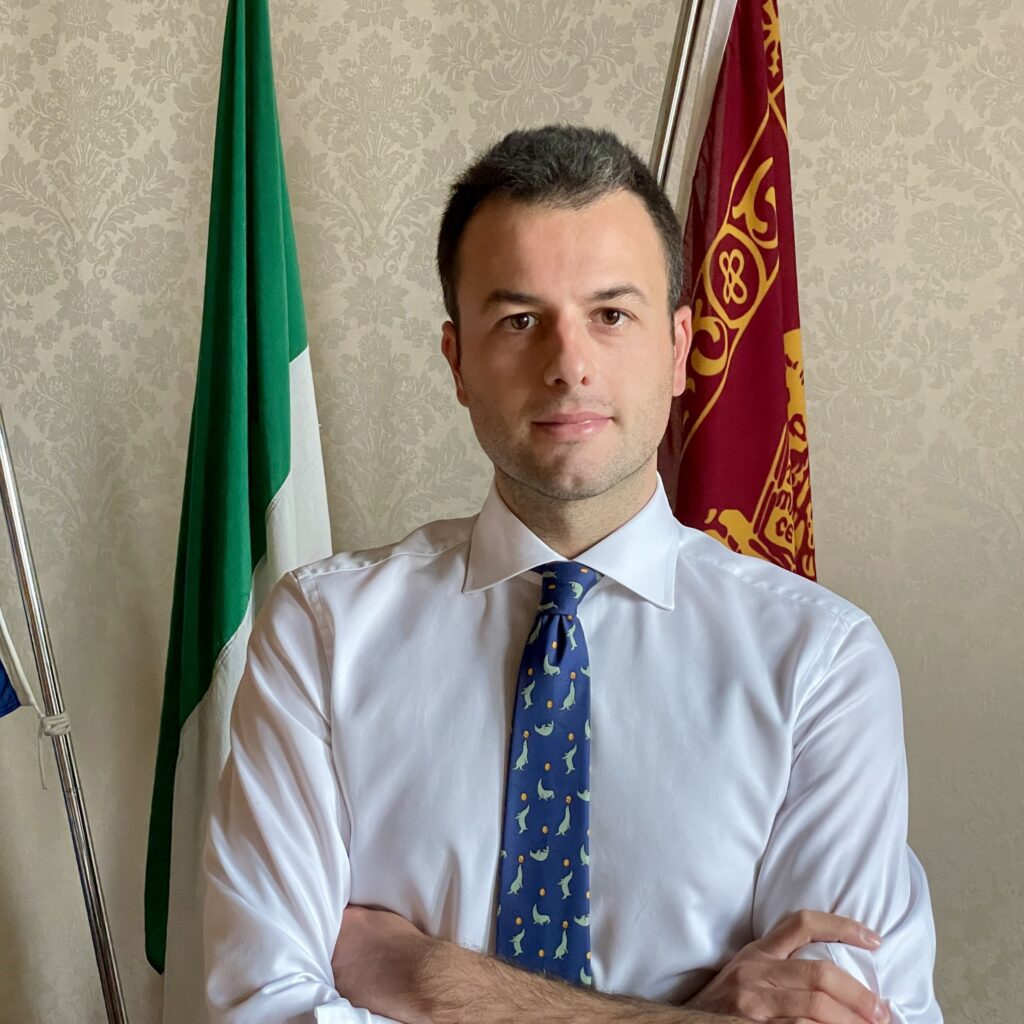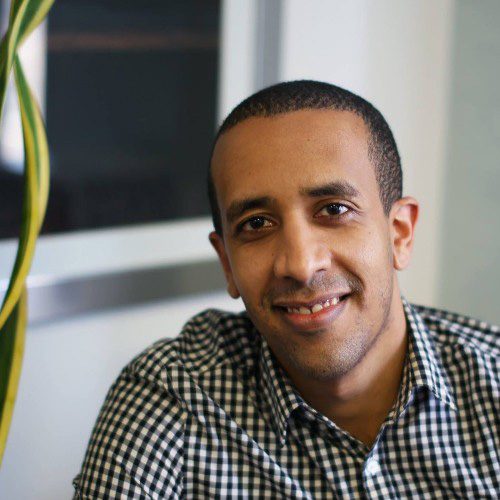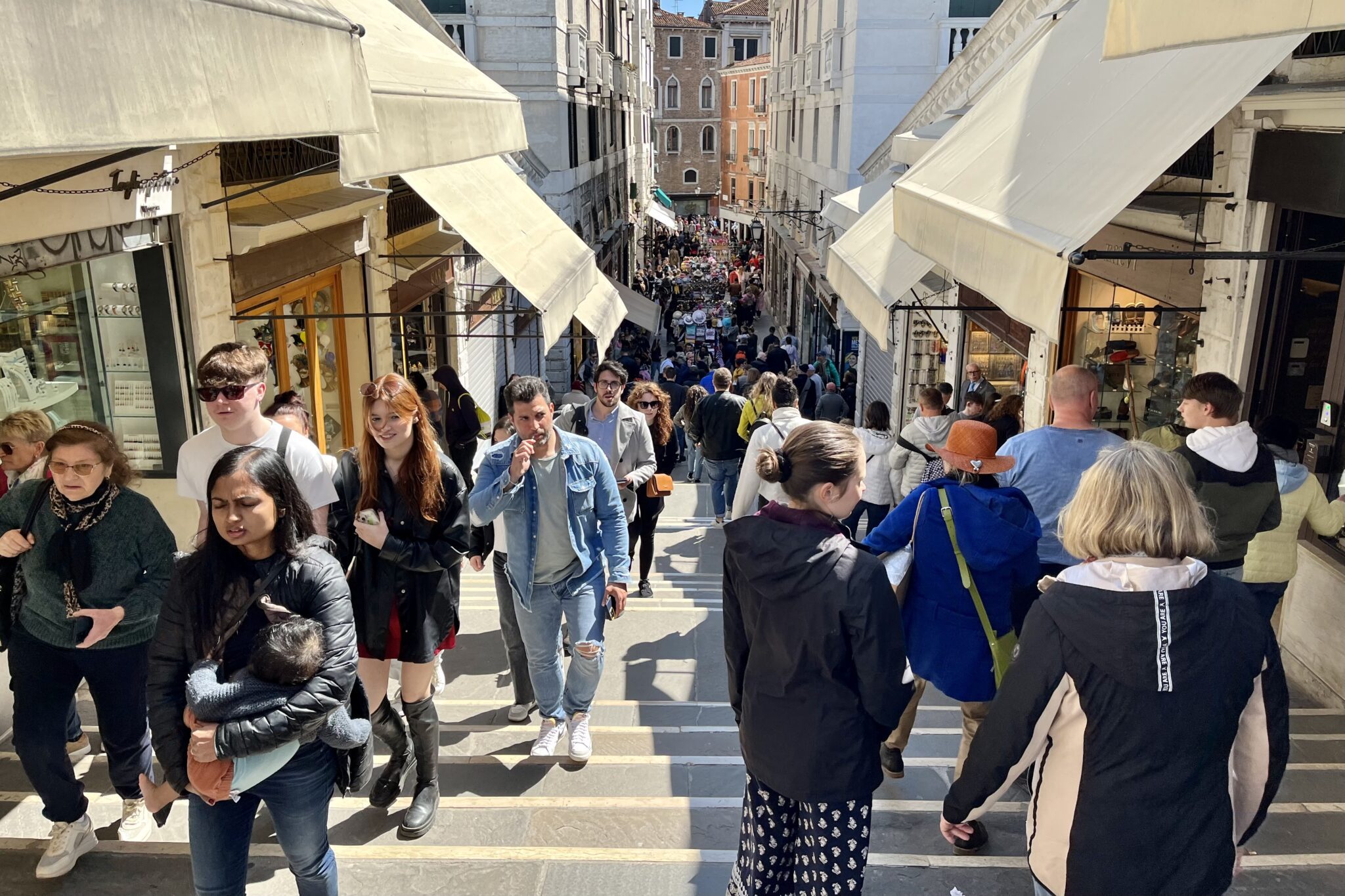Skift Take
Venetians may hike their new entry fee to €10 and expand how often it applies. The goal is to draw a bigger share of travelers who are respectful and want to explore Venice beyond the beaten path.
Venice considers its entry fee for tourists an early success. A top official told Skift that in the next year the city could double the fee and charge it more often.
Simone Venturini, deputy mayor for tourism, said the fee fits into the city’s broader strategy to preserve its beauty and local community while repositioning itself from being “a cheap tourism capital” to a high-end destination.
Skift talked to Venturini about the fee and the city’s efforts to manage tourism. This interview has been edited for brevity.
1. Entry Fee Could Expand to “Maybe 10 Euros, Maybe 100 Days”
Since April 25, tourists not staying at hotels have been required to pay a 5 euro fee (around $5.40) before entering Venice. The entry fee applies only on selected 29 days between April and July.
What are the early results of the tourism tax, and how will the revenue from the tax be used?
Venturini: We were very concerned before the first day of the entry fee about people forming crowds in the queue, causing discomfort to commuters and international tourists. The system was designed to be easy, soft and welcoming — not a police state saying you cannot enter.
We have some encouraging signals. Everything has gone smoothly. We were very surprised when people arriving in Venice, even the people from around Italy, were very happy to show us the core code. People understood what we wanted to do.
In the next year, we will add maybe a higher tax, maybe 10 euro, and we can add more days, not just 29 days, maybe up to 100 days. Of course, this can be even more useful, but let’s start with a small step because it’s the first experiment in the world.
This year we won’t collect a lot of money. The starting cost of the system will be more expensive than the income this year.
In the next few years, more days, higher taxes can bring some resources to the city and we will use this money for maintenance of the city and the restoration of a unique and fragile city that is on the water, salted water that is more [corrosive] than the normal water.
2. Venice Entry Fee Targets Italian Day-Trippers
The entry fee is pretty small. International tourists aren’t going to be discouraged from coming to Venice because of the 5 euros.
Venturini: It’s more addressed to local and short-range tourists from the nearby Italian regions. A short-range tourist can maybe be pushed to choose another day instead of a crowded day, causing less stress to the city.
On the other end, we have sea tourists that go to the beaches. During the rainy days or the cloudy days, they arrive by boats, overwhelming the city. Even this kind of tourism can be discouraged to visit Venice in those 29 days of the trial this year.

3. What Everyone Gets Wrong About Venice’s Entry Fee
There was a lot of international coverage of protests of the entry fee. Some critics feared turning Venice into a theme park.
The first misunderstanding was that Venetians were against this tax. Some small local parties were against the law and organized a protest with 200 people, but we are a city with 250,000 inhabitants. So 200 people complaining is not the majority of the city.
On the other end we are walking on the edge of a possible misunderstanding because we don’t want Venice to be considered a theme park where you pay a ticket and you can do whatever you want. Venice is a living city.
We have at least 35,000 people arriving each day that are not tourists, but are commuters, people living in the closest area of Venice and working in Venice and students. It’s very difficult to manage all these factors because this is not a city where you can close the gate and open it in the morning, so you need to balance every measure.
4. Why Venice Is Tackling Overtourism Now
Did Venice not manage tourism effectively in the past?
In the last decade all tourism in Italy was just casual. There weren’t any plans or any national strategic thinking and the city also suffered from tourism without the opportunity to manage it.
Covid was a big moment to reflect about the needs of reshaping all the tourism in the city and the recovery after Covid was for us the opportunity to work on quality instead of quantity.
5. Steps to Encourage Quality Tourism
How will Venice do that?
We’re developing and pushing even the hotel industries to reshape the hotels with fewer rooms but bigger and, of course, a lot of services, more quality, and just a new image of the hotel. We have at least five or six very important hotels that are under restoration. For example, the Danieli and the Bauer hotels.
We also put a cap a few years ago on the number of hotels that can open in the city center. We are starting new rules about Airbnb and short-term rentals. In Italy it is an important issue because we are one of the only countries in Europe that didn’t introduce a national law about short-term rentals. The cities are on their own trying to manage and balance this new phenomenon. In September, I think that we are ready to introduce restrictions.
We reshape even the itinerary of the cruise ships that are not arriving through some square in big numbers, but now just one or two arrive in the industrial port and then come to visit Venice. We are building a new smaller terminal for cruise ships outside the Venice city center and we are discouraging the day-trippers.
The loudspeaker and group size limit policy will start on the 1st of August. The group of tourists cannot have more than 25 people each. We want to keep the group smaller because we want to make the quality of a visit higher and a big group can cause stress to the city. We just banned the loudspeaker because we are not a theme park.
6. Venice Embraces High-End Meetings, Incentives Conferences and Exhibitions
What is Venice’s broader strategy?
We’ve had a big boom about the Biennale Art, movie festivals, a lot of events, the fashion show. Venice is leading a sparkly moment. We just make a lot of partnerships with high-end sectors such as the fashion sector, the jewelry sector, the movie festival, and the contemporary art sector.
But now Venice is host to a lot of events and this partnership rebranded the identity of Venice, not a cheap tourism capital, but the city where the best things happen. We are in the middle of this transformation and we need to push it.
We are organizing a lot of events and we are pushing the MICE sector because it’s very important for us. Events and meetings are a quality kind of tourism because the right people who want to be there but arrive prepared, that moves a lot of jobs. not only hotels and restaurants, but a lot of different sectors. We are doing a lot of effort, even a new congress center in Lido Island to boost the convention and meeting sector in Venice.
7. Losing UNESCO’s World Heritage Site Label Wouldn’t Matter
Last year, UNESCO almost put Venice and its lagoon on its List of Endangered World Heritage Sites.
It was more an international press topic because of course we love UNESCO, but I think that right now UNESCO doesn’t bring anything to the city in terms of resources or money or help to defend the community of Venice.
And so UNESCO is not here saying, I can help you develop jobs, I can bring international investors, I can give you a lot of money to restore the city. Right now we are on our own doing that. So we love UNESCO, of course, but being on a UNESCO blacklist is not something that affects the real world.
The Daily Newsletter
Our daily coverage of the global travel industry. Written by editors and analysts from across Skift’s brands.
Have a confidential tip for Skift? Get in touch
Tags: europe, italy, overtourism, tourism, venice
Photo credit: Tourists along the Rialto Bridge in Venice, Italy. Skift

